Inverness has trumped tourism meccas like London, Bath and Oxford to take take third spot in the latest annual UK Hotel Market Index from property giant Colliers.
The Highland capital broke into Colliers’ top 10 last year.
And this year it is ranked third, thanks to the “increasingly strong appeal of Scottish destinations to visitors”.
The index report goes on to explain how the city merits its lofty position because of its hotels’ “solid performance metrics”.
Other major factors include a limited pipeline under construction and “favourable build and land costs”, Colliers says.
Inverness’ overall rating is boosted by hotel performance in relation to the
cost of development.
Colliers’ latest top 10 is led and not for the first time by Edinburgh, due to a strong performance in occupancy and average daily room rates (ADRs) during 2023.
The report also highlights the Scottish capital’s “impressive” growth in revenue per available room (Revpar) since 2019.
This makes it a “highly sought-after market” for hotel investment, Colliers says.
Belfast is ranked second, primarily due to its “significant” Revpar growth in recent years
Eighth-placed Glasgow is the only other Scottish city in the top 10.
Tony Story, chief executive of Inverness-based Kingsmills Hotel Group, said it was encouraging to see the Highland capital ranked so highly.
But he was rather taken aback by the mention of “favourable build and land costs”.
These tend to be much higher in the north than most other parts of the UK, he explained.
Colliers’ index is all about “development opportunities and risk”, he said, adding: “There is a stability element of it, which is great to see.
“And it’s always great to see Inverness ranked third in anything.”
There is positive momentum in the local economy but fast-rising construction and other costs continue to be a major challenge for the hospitality sector in the north, he said.
‘Reasonable levels of growth’
Mr Story continued: “The top line is good – we have reasonable levels of growth here.”
And the new summer tourism season looks promising, delivering “strong” forward hotel bookings, he said.
But last winter was “very hard” for many hospitality business in the north, underlining the seasonal nature of highly the industry in the region, he said, adding: “It’s not easy.”
Colliers’ UK hotel market top 10:
- Edinburgh
- Belfast
- Inverness
- York
- Oxford
- Manchester
- London
- Glasgow
- Liverpool
- Bath
The research is compiled from analysis of nine key performance indicators.
These include land prices, build costs, room occupancy, average daily rate; room occupancy rates, the four-year Revpar trend and the active development pipeline as a percentage of current supply.
The ratings are then consolidated and ranked to show which markets are desirable locations for investors to acquire an existing hotel or develop a new one.
An ‘ever-evolving’ UK market
Marc Finney, head of hotels, resorts and consulting, Colliers, said: “The data in our third annual report reveals the ever-evolving nature of the UK hotels market. Our index is formulated in such a way that high land and construction costs and sluggish hotel market growth are penalised. That’s why some markets will rank lower than expected.”
Colliers hotels advisory team consultant Yvan Gravier, who analysed the data, added: “This report helps us to provide the right advice for investors looking to expand their portfolios in the UK, taking into consideration the local challenges and prospects for the market.”
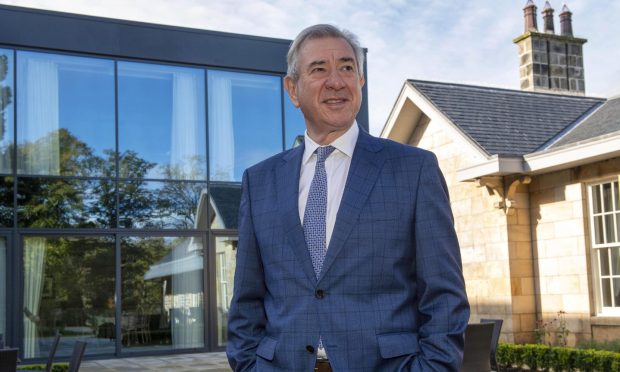
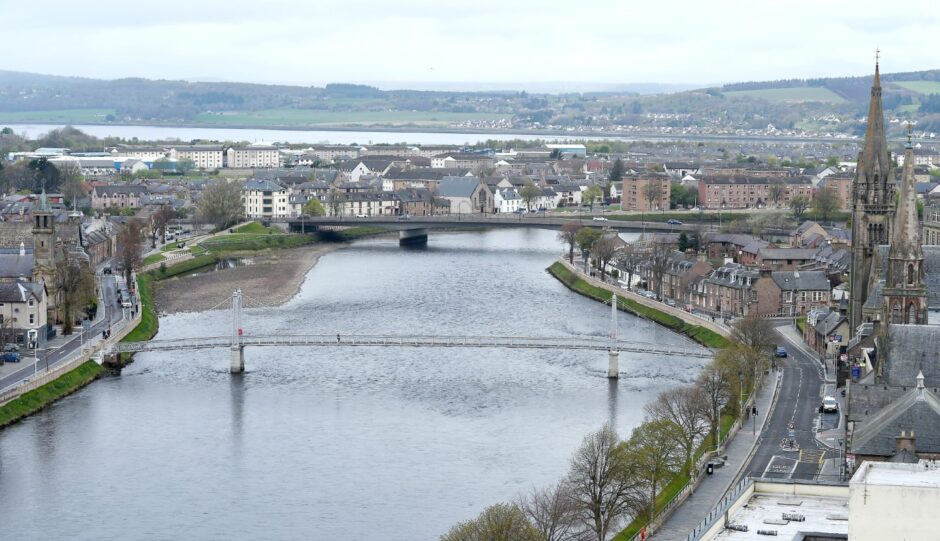
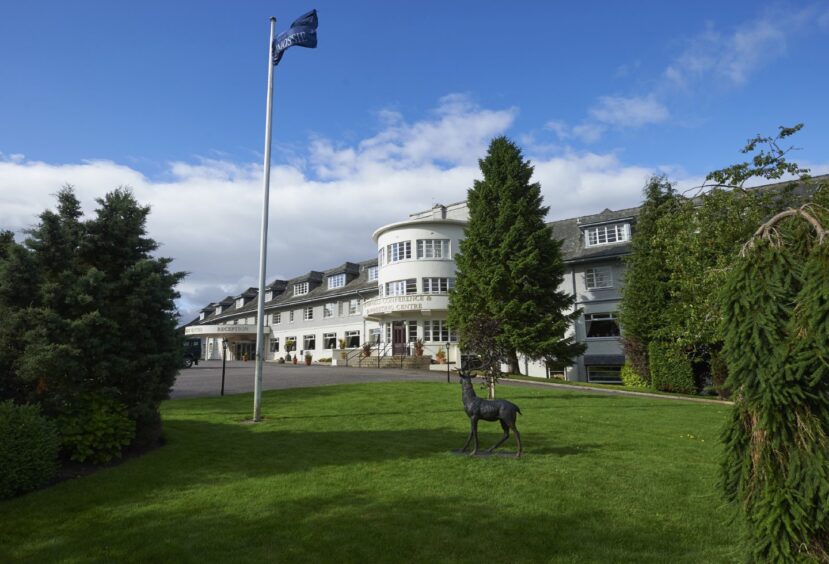
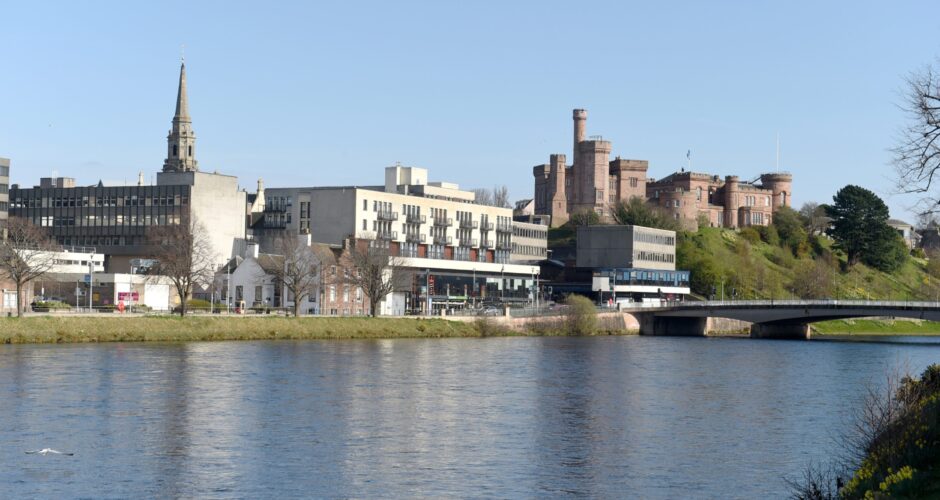
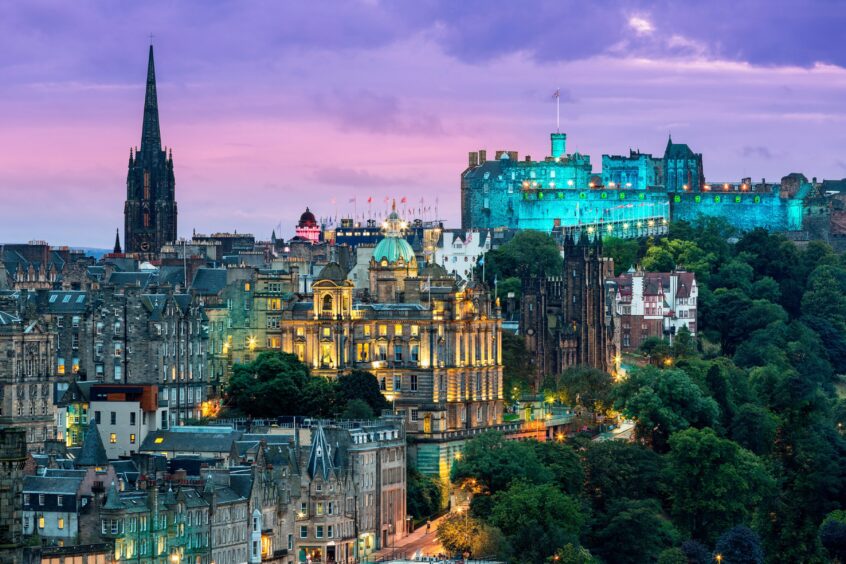
Conversation